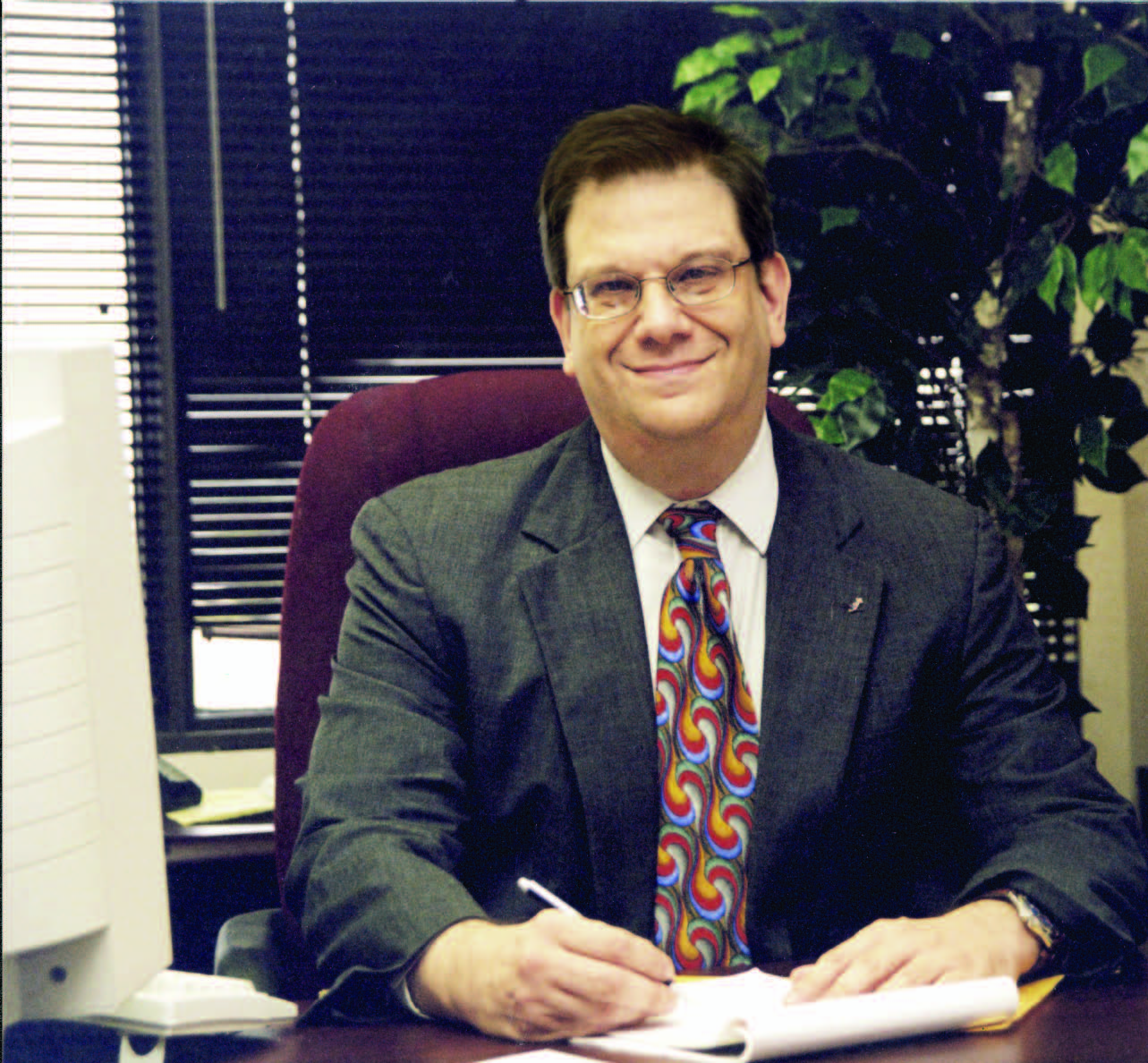December 2014, Vol. 241, No. 12
Editor's Notebook
Editor's Notebook: Dinner-Table Politics

It’s just a few days before Thanksgiving, so let’s talk turkey and football. The Keystone pipeline has never really been about energy. It’s been a political football almost since the day TransCanada proposed a pipeline to bring Canadian oil sands product to Gulf Coast refineries.
Both sides grossly exaggerate their claims. Keystone won’t create the environmental armageddon that opponents say will result from its operation. It won’t destroy the Ogallala Aquifer in Nebraska because this will be the safest pipeline ever built. The oil may or may not be destined for China. The market decides that.
The project won’t really create 42,000 jobs and provide “energy independence,” as its backers insist. It will create thousands of well-paying jobs that will end as soon as the pipeline is laid in the ground. That is the nature of the construction business, which is the real engine that keeps our economy moving.
Just like jobs building homes, shopping centers or office buildings, the essence of pipeline construction jobs is they don’t stay in one place. Particularly in the case of pipeline construction, their permanence is defined by the continued need for infrastructure. Take away those jobs and you hurt the line pipe mills, coating plants and thousands of other businesses that rely on the industry. Take away those jobs for the seven years since the Great Recession and unemployment would have been in double digits.
Keystone will provide millions of dollars for small businesses in those communities through which the work will be done as well as providing local and state tax revenue for years afterward.
As far as energy independence, which even President Obama is starting to spout, I would like someone to explain that to me. Oil is a global commodity that is sold in the futures market to the highest bidder. Yes, we import less oil and export more in the form of refined products, but the nature of the business defies physical boundaries.
With gasoline prices well below $3 a gallon (except in California of course), Keystone won’t lower prices at the pump, which seems to concern President Obama, but it won’t make them go up either. If you need something to worry about, try this: Don’t you think Saudi Arabia is concerned about the effect the oil glut is having on its economy? Remember what they did 30 years ago with the acquiescence of President Reagan? As a means of crippling the Soviet Union’s oil-based economy, the Saudis were encouraged to flood the global market with their oil. Prices plunged to $9 a barrel which not only crippled the Soviet oil industry but effectively destroyed domestic production in the United States. It’s all about politics.
The Saudis don’t want to cut production; they prefer to look long-term. So, why not flood the market with even more oil? Then see how quickly the shale producers in the U.S. cut back. Apache Corp. will cut its onshore budget $1.4 billion next year. At last count, 17 shale properties have been reported to be financially unfeasible to develop.
All of which takes us back to Keystone. Plans were made to develop the oil sands long before the shale revolution began. No one could have predicted such an immediate and monumental impact. If they had waited a few years, developing the oil sands would probably have been unnecessary. And that really is the big question today: is the Keystone pipeline still needed? Is oil sands production still viable at $70, maybe even $50 a barrel? If it is, producers have always proven to be rather creative in getting their product to market, as we’ve found in North Dakota.
The only one who really knows the answer is Russ Girling, TransCanada’s CEO. I thought it curious that on the day of the midyear election he announced the estimated cost of the project had doubled to over $8 billion. TransCanada has so many other projects looming that it doesn’t need this continued aggravation.
Does all of this sound confusing? It sure is to my favorite performer, Canada’s own Neil Young, who recently performed in Nebraska for the anti-pipeline crowd. He’s just released a lovely album entitled “Storytone” in which one song “Who’s Gonna Stand Up?” rips fracking and pipelines. The next song is “I Want To Drive My Car,” expressing concern about finding fuel for the gas guzzler pictured in the liner notes.
Sorry, Neil, but you remind me of President Obama, who likes to take undue credit for the success of the shale revolution. You can’t have it both ways. But then it’s always been about the politics, hasn’t it?





Comments